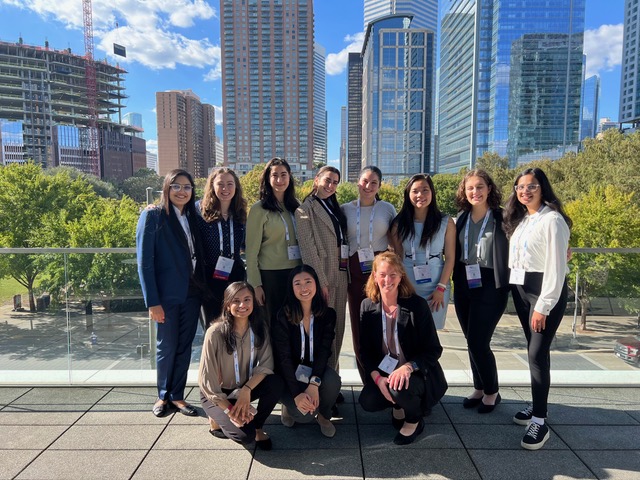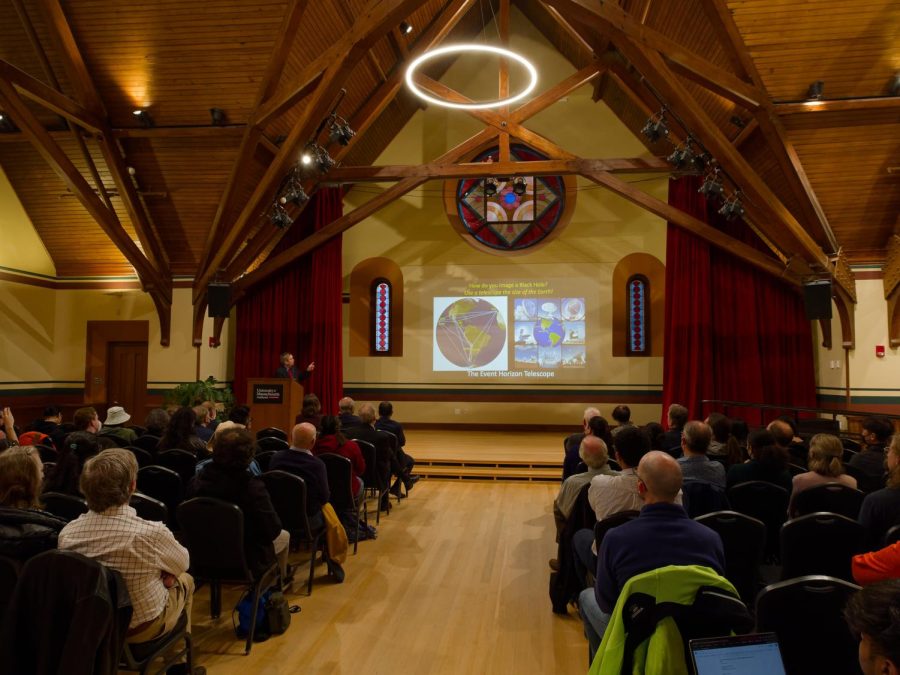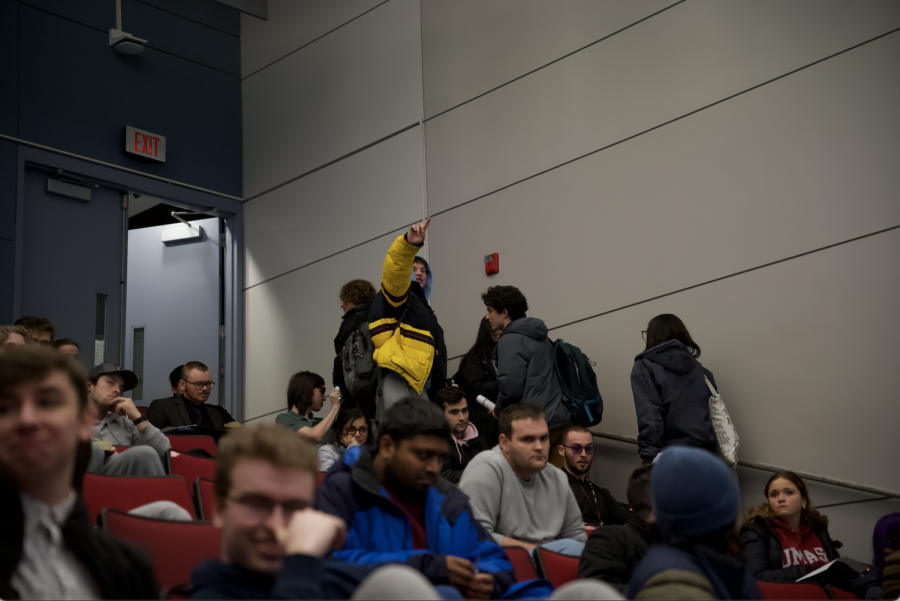
University of Massachusetts Professor Aura Ganz is perfecting a program to advance the visually impaired’s quality of life.
Ganz’s new technology will provide a blind person with audio directions to destinations via a Bluetooth headset. The audio directions will begin as a blind person enters an unfamiliar building.
“In total, I will have received a total of $400,000 from the National Eye Institute, which is part of the National Health Institute,” said Ganz.
Professor Ganz said, “We place RFID devices in the environment. In addition to that we have kiosks, which also have RFID tags, raised letters and Braille to help the client.”
According to Josh Pearson, a visually impaired UMass freshman, navigation is a difficult task for someone like him.
“The time you spend walking around aimlessly in a new building can be a waste. I believe that being able to travel self-sufficiently is important,” he said
According to Professor Ganz, PERCEPT would work as followed: “Let’s say a blind person comes into the building, and they are trying to find room 302. The person knows that’s on the third floor. One of the things he punches in at the [PERCEPT] kiosk is the [buttons for] third floor. The system knows this person wants to go to the third floor, and [the device] will lead [the person] to the elevator,” she said.
“If someone gets lost, an RFID tag will guide them in the right direction,” she continued.
“All of our electronics are embedded in a glove,” Ganz said. “The front part of the glove is open, so the blind person can use their touch senses and the back part of the glove is where our electronics are [located].”
“Once the person touches the kiosk, the information entered is conveyed to the glove, then [the information] goes from the glove to the Smartphone, and from the phone to the system, where auditory directions are given from the system to the phone,” Ganz said.
“Sometimes I will work with a friend, or an ONM (Orientation and Mobility Specialist), who is contracted by myself through the state agency for the blind, Mass Commission for the Blind and they’ll use a map to map out the route with me,” said Pearson. “We’ll practice it, and I have to orient the dog that way too. Usually by the second or third walk through I’ve got it.”
Although the project, which started in October of 2010, is working out its final kinks, Ganz said that the project cannot be completed without people to test the results.
“Now we have the findings to carry this [program] out with human subjects. We designed this program for a specific population, and if we don’t have their feedback it won’t work,” she said.
According to Pearson, the project could be beneficial to many in his situation.
“PERCEPT would be helpful in any kind of building, say airports or banks, because a dog can only do so much. If you don’t know where you’re going, your dog isn’t going to know where you’re going,” Pearson said.
Ganz’ first human subject trials will occur at the end of this May.
“We will be working with 20 subjects, and they will all be from Western Mass. … the subjects have been commissioned by Mass Commission for the Blind.”
The study will not include UMass students because it may skew the results if some students have walked through some of the buildings that will be used to test the device.
“My main goal is to ask for a significant amount of funding to deploy this system nationwide,” said Ganz.
Pearson said the system shouldn’t be entirely relied upon..
“Once I had memorized the route, I wouldn’t use it,” he said. “It defeats the purpose of being independent.”
Michelle Altman can be reached at [email protected].













Kevin Chao • Feb 14, 2011 at 11:14 am
There have been many attempts at indoor navigation . It is certainly such a huge problem for those of us who are blind. It’s about time for a solution to be provided. I do hope that this is one, which can come to reality. I’ve been involved in idea, research and prototype testing for many of them. It would be fantastic if I could test this one.